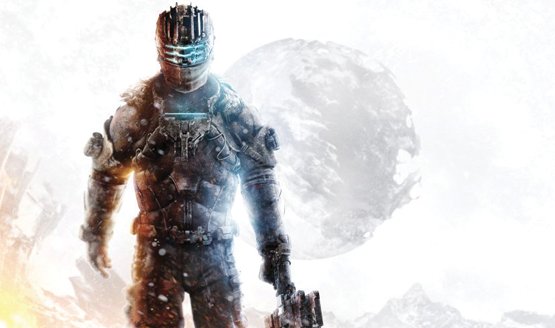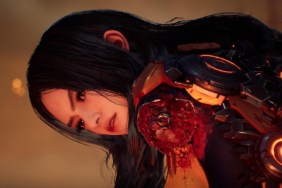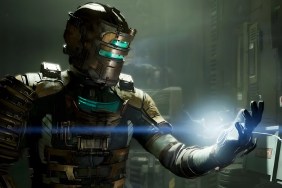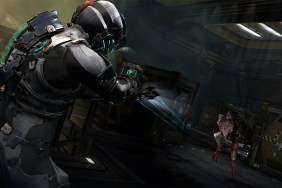Visceral Games is no more. The studio formerly known as EA Redwood closed its doors in November of 2017, plunging Dead Space’s future – or lack thereof – deep into the realms of obscurity.
At the time, Electronic Arts outlined its desire to overhaul Visceral’s unnamed Star Wars title (codename: Ragtag) at the expense of the linear, story-based experience that players had come to expect. More Destiny, less Uncharted. It’ll take on a new form, with the safe bet being that EA will produce an online-centric title set within the confines of a galaxy far, far away. Let’s just hope the Powers That Be take heed of Battlefront II and its own failings.
But if there’s one big casualty of Visceral’s closure, it’s Dead Space. It’s going on 10 years since players first wandered the dimly-lit halls of the USG Ishimura, carefully dismembering one necromorph after another. Back in 2008, the original Dead Space also debuted alongside Mirror’s Edge – two fiercely original IPs in an EA catalogue otherwise dominated by big-name franchises and sports titles – and became the little horror title that could.
From Humble Beginnings
Strong sales and widespread critical acclaim led to Visceral fast-tracking what is perhaps the perfect sequel, as Dead Space 2 iterated on its predecessor’s design with blockbuster set pieces and a broader scope. That signature sense of dread remained intact, too, and anyone worried that Visceral’s franchise had traded horror for action had their fears banished in the first 15 minutes. And don’t get me started on that nightmarish shot of a lonely mother cradling a baby necromorph…
All in all, Dead Space 2 was the Aliens to Dead Space 1’s Alien – an action-packed expansion of a true sci-fi classic. So what about Dead Space 3?
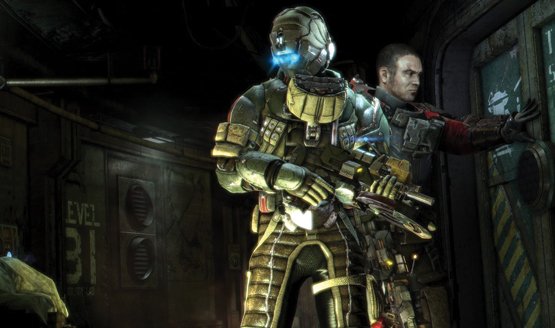
Released in 2013, it’s arguably the weakest entry of the bunch, as errand-running and a general sense of ‘been there, done that’ mired an otherwise fantastic experience.
In Dead Space 3, Isaac Clarke, the mute, blue-collar engineer who only found his voice circa 2011 thanks to Dead Space 2, was whisked off to Tau Volantis, an unforgiving ice world crawling with necromorphs and crazed Unitologists.
Space, the Final Frontier
He wasn’t alone, either, as Visceral’s horror-tinged threequel became the first installment in the Dead Space series to feature local co-op. Story-wise, this meant Clarke forging an uneasy alliance with an EarthGov Sergeant known as John Carver, and the star-crossed duo set out on their mission to destroy the Marker – and the necromorph threat – once and for all.
A grizzled and admittedly clichéd companion wasn’t the only thing added to Dead Space 3; perhaps in an attempt to reach a wider audience, Visceral bolstered the in-game crafting system (read: Bench) to such an extent that players were able to build a super-weapon capable of mowing down just about every permutation of necromorph in the book. The bigger they are, the harder they fall…and all that.
Gone were the cold, cramped interiors of the Ishimura (or the Sprawl) and in their place, Dead Space 3 opened the airlock to large, snow-covered landscapes where oxygen was precious and visibility limited. Player vulnerability was preserved, then, and though many balked at the idea of bigger environments being introduced to one of the industry’s few big-budget horror series, Visceral handled the transition from space to Tau Volantis – from a silent void to a freezing, forgotten world – remarkably well.
The vocabulary – the feel – of Dead Space was there for all to see, but repetition and a heavier emphasis on blockbuster action undercut what made this franchise so special to begin with. No longer were players poring over inventory screens to manage their finite supply of ammo; with Dead Space 3’s crafting system, we were given the chance to cobble together our own super weapon capable of cutting, freezing, burning and slowing down any enemy that approached – human or otherwise.
Gone Too Soon?
In Dead Space – or any horror game, for that matter – players ought to feel a palpable sense of uncertainty as they creep gingerly through each level, wary of danger at every turn. By the end of Dead Space 3, and assuming you took full advantage of the in-game crafting, players were able to blast their way through most enemies without much afterthought, as visions of dismembering necromorphs with surgeon-like precision became a distant memory.
Dead Space 3 is by no means a bad game, it’s just a far cry from its pixelated predecessors. Had things panned out differently, a fourth Dead Space title likely would have explored the moment when Isaac and Clarke arrived back at Earth only to find that the bulbous Brethren Moons had begun attacking our pale blue dot (and, presumably, Ellie and the remaining humans). It’s a pretty ominous cliffhanger for such a well-thought-out trilogy, and to know that Visceral Games once had intentions of continuing the Dead Space franchise only makes news of their abrupt closure all the more disheartening.
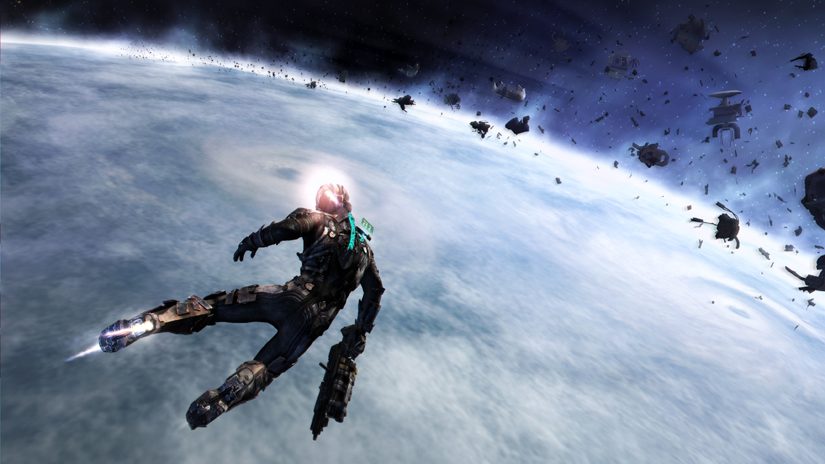
In the end, one could argue that timing was to blame for Dead Space 3’s lacklustre reception. According to EA, it “didn’t sell anywhere close” to the five million threshold that the publisher had in mind, and though other AAA studios have worked to a similar deadline, two years is a remarkably quick turnaround for a game of Dead Space 3’s size – even by EA’s own lofty standards.
And we seen echoes of a rushed production peppered throughout the threequel’s design. Still, after investing millions in the IP, word is Electronic Arts has no intention of selling it for cheap, which only leaves us clinging onto a sliver of hope that Dead Space has a future. Even if it is just a sliver.
Essential Reading:
- Games, Franchises, and Experiences We Want in VR
- Now Loading…Should Dead Space 4 Happen or Should It Remain in Stasis?
- Former Dead Space Art Director Says EA Has Invested Too Much Into the IP to Sell It for Cheap
Now Loading...Should Dead Space 4 Happen?
-
Now Loading...Should Dead Space 4 Happen or Should It Remain in Stasis?
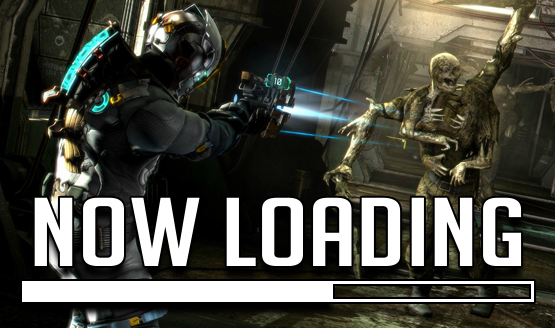
-
Zarmena Khan
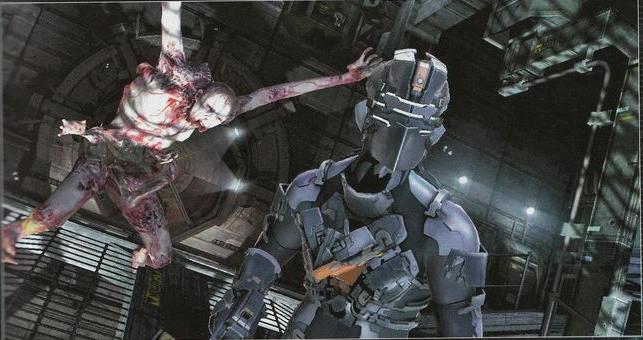

Part of me says yes, part of me says no. Yes because it's one of the few horror games that I found genuinely scary and didn't feel it resorted to cheap scare tactics. No because I don't want it to become a victim of the sequel treatment.
-
Chandler Wood
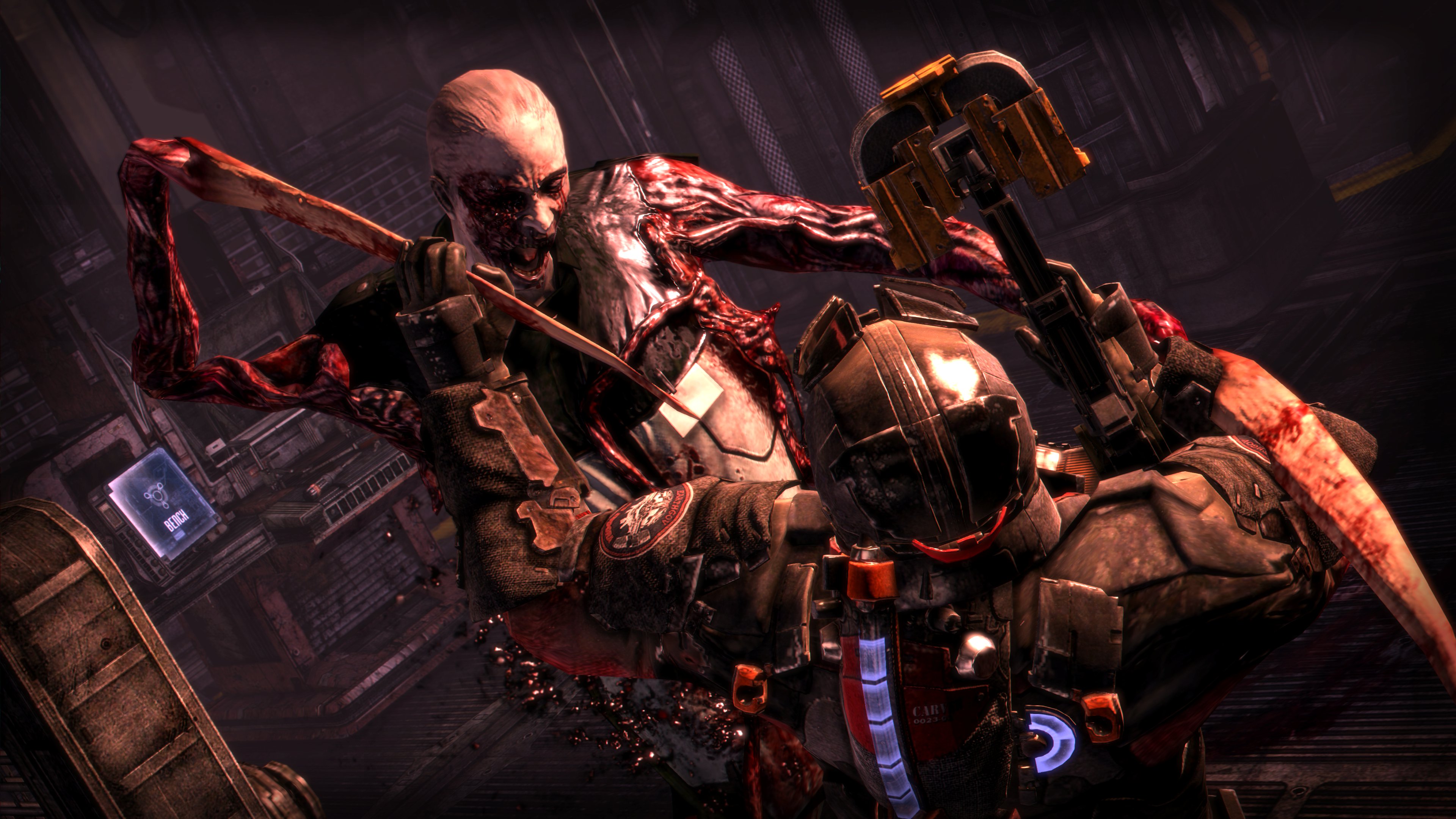
Dead Space is one of my favorite games, and subsequently franchises. It perfected that horror in space, and de-limbing the necromorphs was as fun as it was terrifying, and the "oh my God!" moments were incredible, like doing self induced eye surgery... Sure, it got progressively worse with each release, but I think there's been enough time now that it's due for a re-look. Is love them to pull a Resident Evil 7 and go both VR and 2D, or better yet, make a traditional third person main game, and a smaller first person VR game to compliment it. Either way, Dead Space desperately needs to come back.
-
Michael Briers
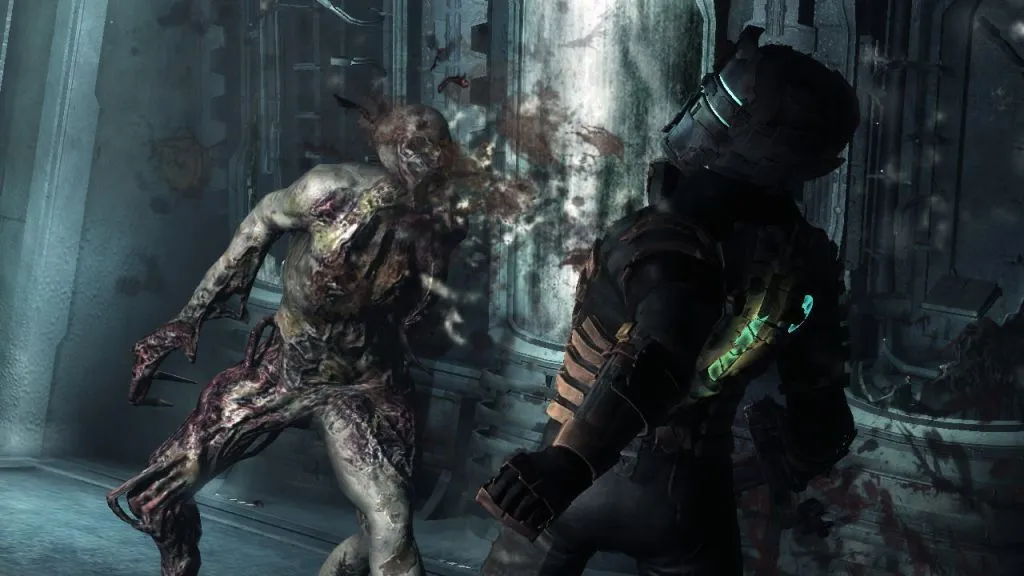
I'd love to see Dead Space make a comeback. Both Chandler and Zar are right in saying that each new installment swapped traditional horror for spectacle and scripted set pieces, but Visceral's original title is an exercise in nerve-shredding terror. The fact that most of the story unraveled within a single location allowed the Ishimura to become such a memorable and chilling setting — not unlike the Nostromo starfreighter seen in Alien — and you'd struggle to find another sci-fi game that manages to mine inspiration from the likes of Event Horizon in a way that doesn't feel derivative. VR is a fantastic (read: terrifying) idea, too, and if Resident Evil 7 taught us anything, it's that AAA horror games can flourish on the platform when executed correctly.
Come back, Dead Space. We miss you dearly. -
Stephen Bitto
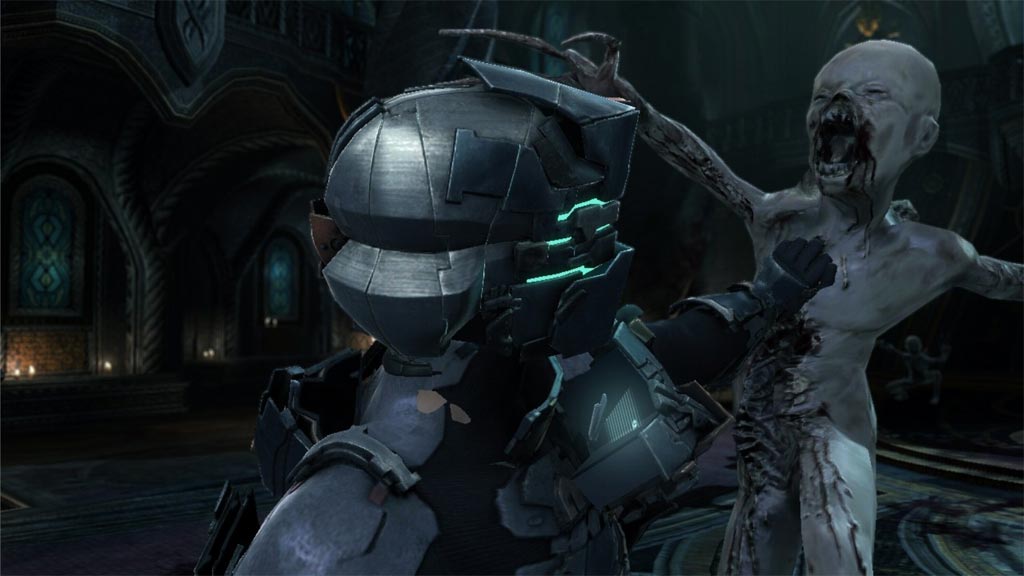 Dead Space should absolutely return but with a focus on survival horror. As the series went on, the shift to bombastic action took away everything that made the original so special. VR seems like a great way to capture the horror of the original in a fresh, new experience.I agree with others' comments that a VR experience could be terrifying.
Dead Space should absolutely return but with a focus on survival horror. As the series went on, the shift to bombastic action took away everything that made the original so special. VR seems like a great way to capture the horror of the original in a fresh, new experience.I agree with others' comments that a VR experience could be terrifying. -
Tyler Treese
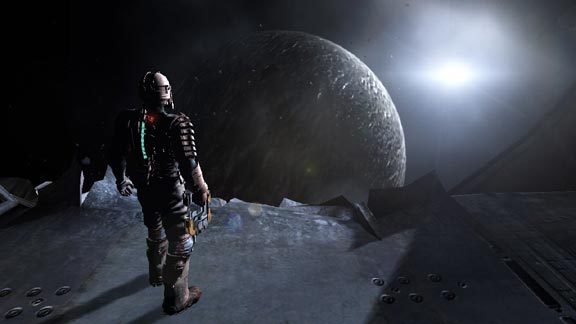

I hope not. Despite all of Dead Space 3's issues the game managed to put a wrapper on the story rather well, and ended on a serious high note with its final boss fight (how can you top fighting the freaking moon?). That said, I wouldn't mind if Visceral or EA tried the horror genre again (although I think it's pretty obvious now that EA didn't find the genre to be as profitable as they hoped for). If they do go down that route, I'd rather see something new than yet another sequel.
-
Cameron Teague
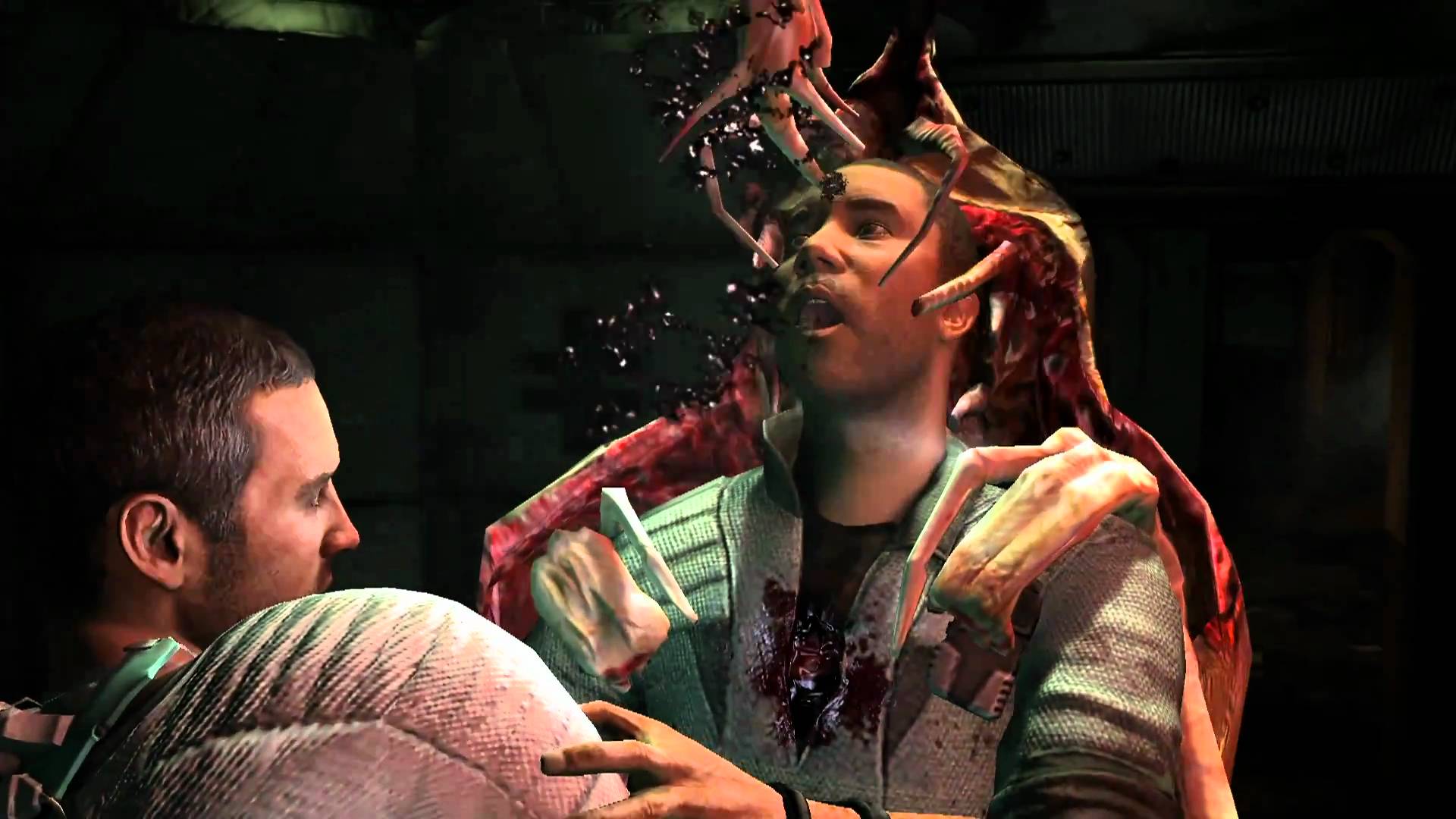
I would like to see them release the original Dead Space but with VR, as I think it was the best in the series and would be the one that works best with VR support. As for continuation of the series, I just want them to get back to what made the original so good. I didn't care much for 2 or 3.
-
Alex Co
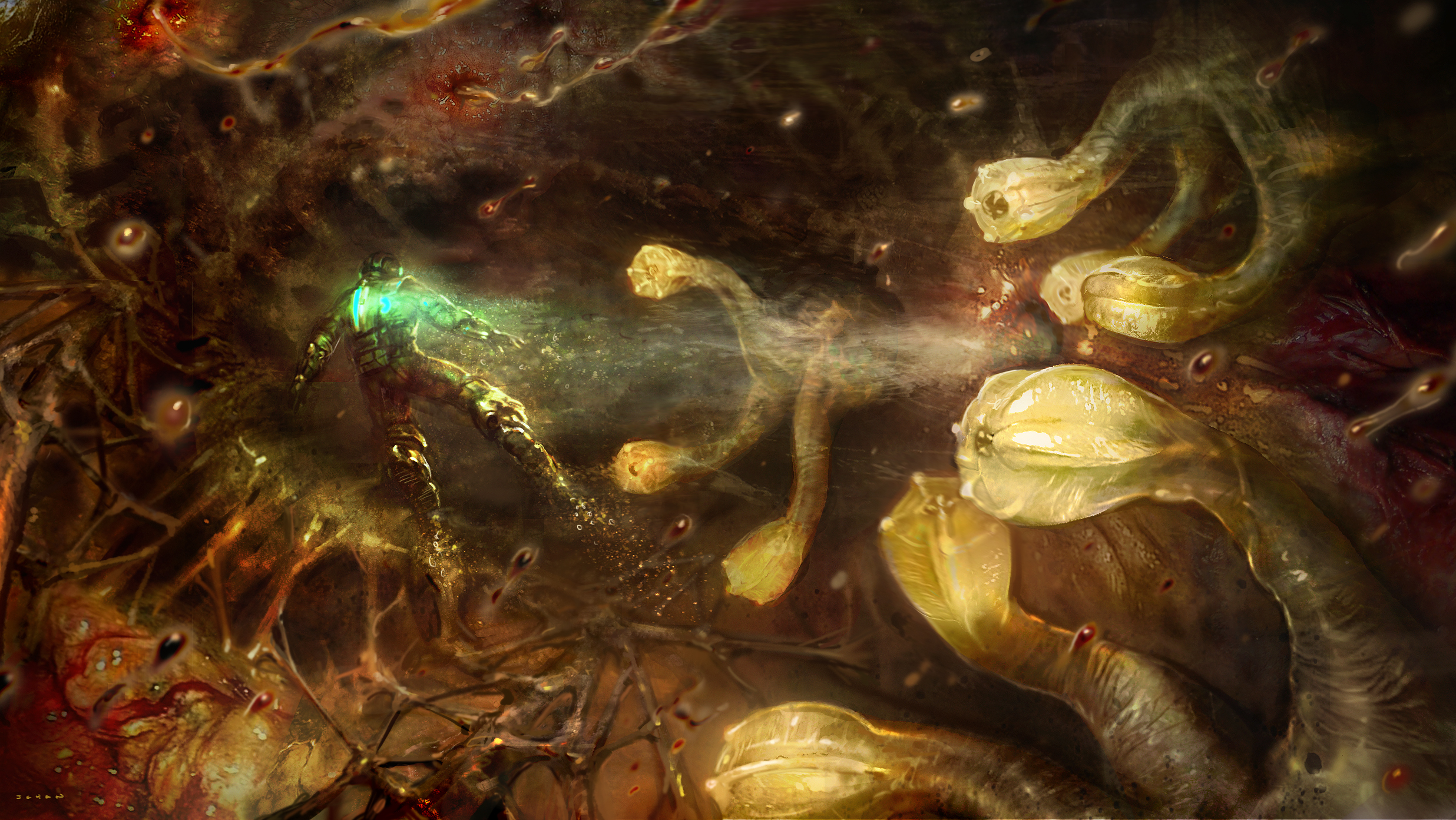
Hell yeah! I loved Dead Space and the 2 as well. The third one? Yeah, not so much. EA turned it into a shootbang affair that all tension and scare factor were lost.
Will it come back, though? Part of me thinks it's ripe for a reboot or a sequel/relaunch, but who knows? Visceral has been tasked to be a Battlefield studio, so even if it is a go, which studio should make it?
All I know is, it's time we went back into space...and preferably, one that's not all about shooting. Also, imagine Dead Space 4 on PSVR! Damn!
